Friends,
It’s here! The first reflection from The Liminality Journal Podcast, and of course I released it on Indigenous Peoples Day!
I hope you enjoy it. I hope it gives you space to examine your relationship to Earth. I hope you remember. Transcript of the entire reflection is below, so you can listen, read, or do both.
Sending love & care to all my Indigenous kin out there.
The Land That Loves (Us):
Indigenous Peoples Day is political. It is a call to action, to movement, to care. It is a call to name that our ideas of reconciliation are dead util we actually tell the truth about the land, about colonization, about how we got here.
Columbus Day has its origins in a mixed bag of culture, colonization and Catholicism. President Roosevelt declared it a national holiday while lobbying the Knights of Columbus, a Catholic service order. And so, as it is with many holidays, we expand colonization in the name of democracy while destroying the lives of Indigenous peoples and the sacred land we call home.
So, here’s what I want us to explore today. If we celebrate Indigenous Peoples Day without acknowledging our relationship to the land, what are we missing? As Indigenous people, we recognize that the very essence of who we are, our cultures, our daily lives, everything is a gift from Segmekwe, Mother Earth. Journeying with humility, care, and gratitude is a life well-lived. But how do we get there if we’ve lost our way?
So today, let’s journey back to the land together.
It all starts at childhood. Doesn’t it? Doesn’t everything?
Think back to when you were young, an interaction you had with nature, a moment when you held a pebble of sand or touched the rough skin of a pine tree. Remember what it was like to walk the earth humbly, to have questions and curiosities drawn from play and imagination.
For many, trauma finds us in childhood. It is painful, difficult, where our first moments of dissociation and heartache appear, when we find ways to escape our bodies and hearts because it all hurts too much. We are told that there are quick fixes out there if we only try.
So let’s take off the band-aids, and put aside the quick fixes. And let’s return to the land that loves us so deeply, so well.
We are going to do a mix of a safe space exercise and a return to nature. We are going to go home, back to the land, and have a conversation with Aki, the land, the earth, the dirt.
Find a quiet corner of your home. If you’re able, close your eyes. Take three deep breaths.
1 breath
2 breath
3 breath
Find your way to a nature landscape—ocean, woods, mountains, desert, swamp, hills, prairie, let yourself find a way to the first landscape that you’re led to. It is a safe place where you will connect with Segmekwe.
When you get there, you find a simple shelter— a small house, a tree house, a fort, a cottage, a tent. You look inside and notice your favorite things there. You smile. You’re home, at least for a little while.
After you take a look inside, you head back out, back to visit with the land, Aki. You notice the sky. You hear animals in the distance, and you say a word of thanks for the power of kinship.
You turn to face the horizon. What do you see? What do you notice about your body, about your mind and your heart? What are you feeling?
If you start to feel unsure or anxious, take three more deep breaths. Relax your shoulders. Remember that the land loves us.
You’re holding a candle and a match. Light the candle, and set it somewhere on the ground beside you. Place your hand on that ground, or on a nearby tree, or at the edge of a body of water.
Take four deep breaths, one for each of the four directions, and as you do, let Segmekwe, Mother Earth, speak to you.
1 breath
2 breath
3 breath
4 breath
Accept what you’re hearing, feeling, understanding.
You blow out your candle. You say a word of thanks to the earth for always holding you, always speaking, always caring, always practicing relationship, kinship.
You return to your shelter, where you find a hot cup of tea or coffee waiting for you. You find a comfortable place to land, and there, you take out a journal and pen or find the recorder on your phone and you remember your experience. You remember what the land spoke to you, and you hold onto it.
You vow to begin a new season of this relationship to Segmekwe. You say thank you again, four times, for the four directions. You whisper it to the air and let it find its way back to her.
Migwetch, thank you
Migwetch, thank you
Migwetch, thank you
Migwetch, thank you.
Open your eyes.
Perhaps a few of the band-aids, the quick fixes, are gone, and we are a little more healed—or at least getting there. Perhaps days like Indigenous Peoples Day are about the people, about our journey toward decolonization. But they are also about how we do that through relationship to ourselves, each other, and the land.
May we remember.
Iw.




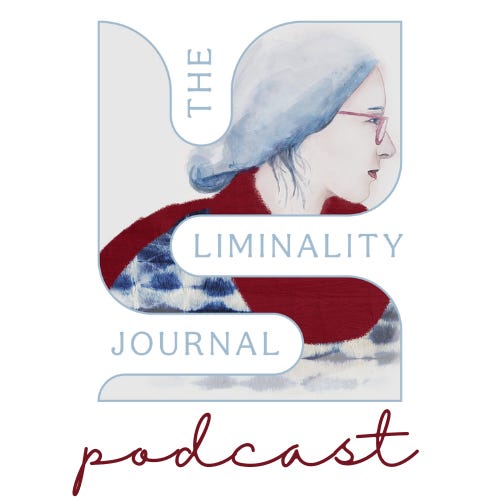
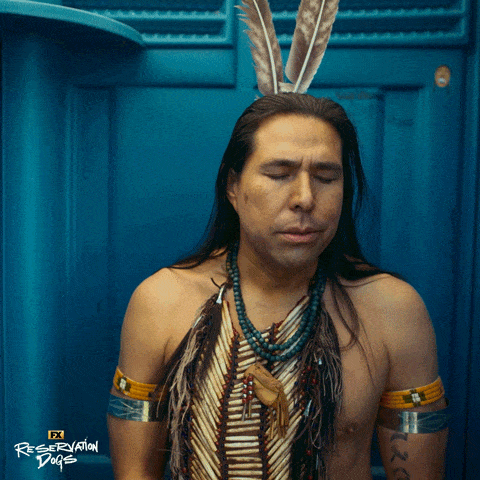
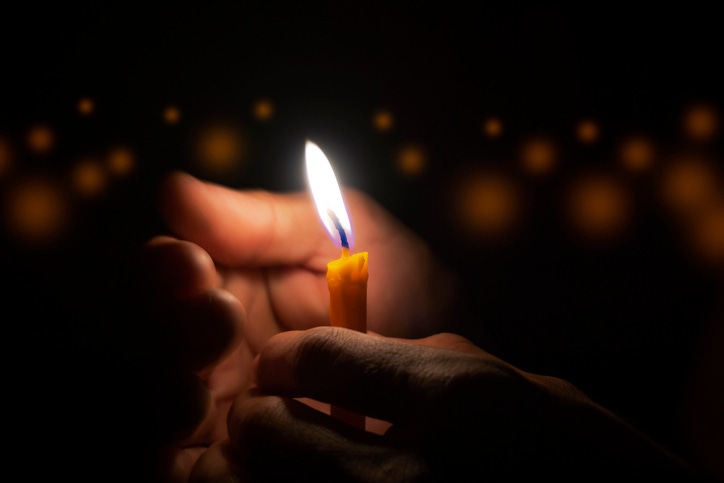


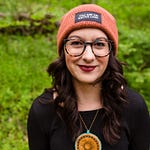
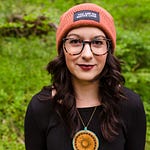

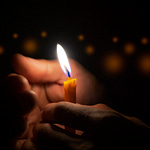


Share this post